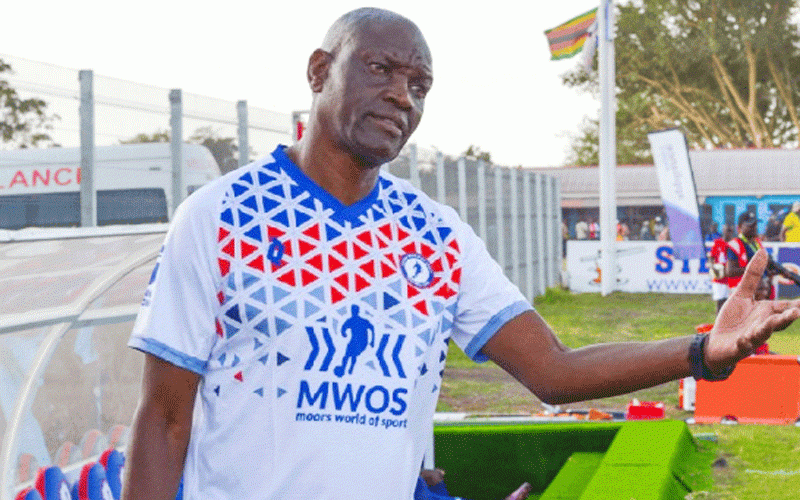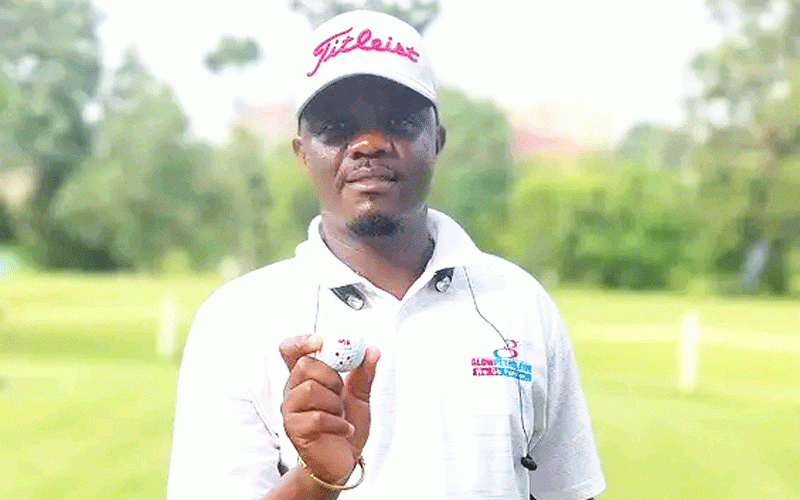
By Kevin Mapasure
THE Sports and Recreation Commission (SRC) says it will soon craft laws to deal with corrupt and incompetent sports administrators.
Yesterday, the SRC and the National Prosecuting Authority of Zimbabwe (NPAZ) signed a memorandum of understanding (MoU) as the supreme sports body moves to bring corrupt and bungling sports administrators to book.
Over the last few years, the SRC found it difficult to deal with corruption and governance issues in sporting disciplines like football and cricket, to mention just but two, with the administrators often roping in their international associations such as Fifa and the International Cricket Council to provide cover.
Yesterday, Justice, Legal and Parliamentary Affairs minister Ziyambi Ziyambi, Attorney-General Kumbirai Hodzi and SRC board chairman Gerald Mlotshwa warned that the days of sports administrators using international organisations as shields were numbered.
In 2019, the SRC suspended the Zimbabwe Cricket (ZC) board and formed an interim administration, but were forced to reinstate the Tavengwa Mukuhlani-led board after the ICC intervened and suspended Zimbabwe from participating in any form of cricket under its wings.
ZC also lost all funding and the game was crippled. Last year, Fifa threatened to suspend Zimbabwe from all football under its wings after the SRC had suspended the football mother body’s chief executive officer Joseph Mamutse and also threatened to wield the axe on the board led by Felton Kamambo.
But in Zifa’s case, Fifa suggested a change in certain pieces of legislation so that the SRC could deal with the association without flouting the world governing body’s laws.
- Chamisa under fire over US$120K donation
- Mavhunga puts DeMbare into Chibuku quarterfinals
- Pension funds bet on Cabora Bassa oilfields
- Councils defy govt fire tender directive
Keep Reading
“In the past, we have had some member associations going to institutions such as Fifa and the ICC whenever we tried to deal with certain issues regarding governance and corruption. The new SRC Act will deal with such issues going forward. We will be able to deal with issues by establishing a independent tribunal, where issues can be dealt with without government influence,” Mlotshwa warned.
Hodzi added that they would be working with international bodies in the formulation of the laws so that they could be free to prosecute sports administrators without flouting codes.
“Today when we call a sports association to order, they will run to Zurich or someplace where international organisations are housed. That has to end. People have got to respect the laws of this country. Going forward, where there is infraction of laws, we will be given the powers to prosecute. We will ensure clarity in our codes,” he said.
Mlotshwa said the signing of the MoU was a step in the right direction towards stemming corruption in sport, which he said was rampant.
“Today as we witness the signing of this MoU between the NPAZ and the SRC, we must remain mindful of the main objective of this initiative, that is the fight against corruption in the administration of sport and recreation in Zimbabwe,” he said in his speech.
“As a nation we have had our fair share of sports-related corruption which regrettably have not resulted in any meaningful prosecutions for a number of reasons. The main reason, however, is the lack of dedicated legislation dealing specifically with issues of governance, integrity and corruption in sport and its administration at all levels.”
Ziyambi concurred with Mlotshwa that there was rampant corruption in sport, particularly football where he was once an administrator.
“Those involved in sport know that there is a lot of corruption. I was once involved in football and I know what happens. I know the determination to win, especially towards the end of the season and there is a lot of corruption that goes on. With what you have decided to do, we can now nip that corruption, especially considering that sport is now a profession,” he said.
Rwodzi noted that in some countries, the government could easily collect taxes from athletes who earn millions from abroad because they have enabling laws, adding that the new laws would address that.
“Look at people like (Barcelona legend Lionel) Messi and (Manchester United, Real Madrid and Juventus star Cristiano) Ronaldo, their home countries can demand taxes. Here, we have athletes who earn millions abroad, but don’t remit taxes. That will be addressed.”
- Follow Kevin on Twitter @KevinMapasure











